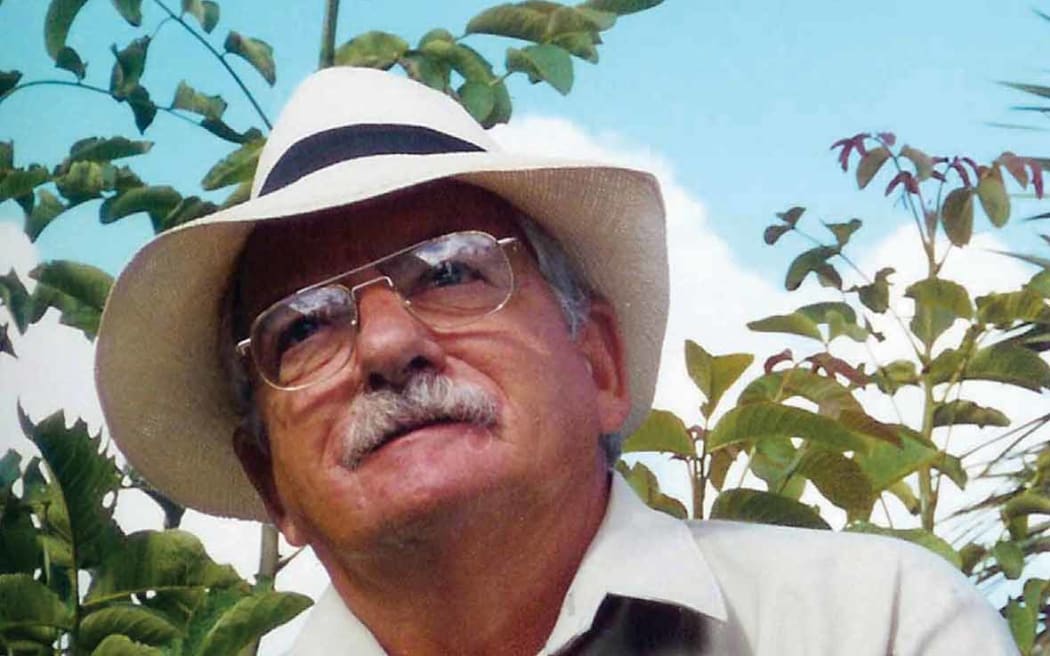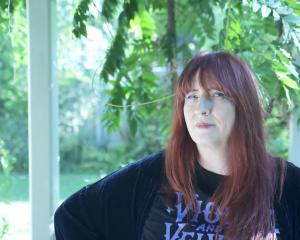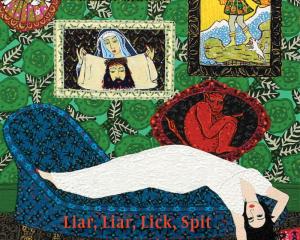
He wrote 20 books of poetry, six novels, numerous short stories and two memoirs, and was the winner of several literary awards.
Born Kevin Jowsey in Auckland in 1933, he was educated at Takapuna Grammar School and went on to Auckland University.
His time as a student there coincided with the 1951 waterfront dispute and when a student debate resulted in a massive vote in favour of the government's emergency regulations, he was outraged and left without completing a degree.
His writing career began in the 1950s, when he became a protege of Frank Sargeson, whose old army hut in his Takapuna backyard housed a succession of emerging writers, including Janet Frame.
Like others before and after him, Ireland found it a refuge from conformist post-war New Zealand.
"This was an oasis of sanity. It was also an oasis of subversion, of danger. This is where ideas were being chucked around and everyone's assumptions were being challenged. It was the most marvellous place. Books, that was really what kept us going," he once said.
He left New Zealand in 1959, changing his name from Jowsey to Ireland, claiming he wanted to become his own creation.
Ireland lived in London for 25 years, working as a printer's reader at The Times newspaper. During that time, he produced eight volumes of poetry, always thinking of himself as a New Zealand poet in exile and sending his work back to be published.
He described his sense of being away from home in his memoirs.
"There are names such as Rangitoto, the syllables of which I carried about like an echo in my head, even when, in the long years of my exile overseas, these are the names that I recite to myself to locate small territories of the heart where the flags of my memories are never lowered."
Eventually Ireland felt the need to return to New Zealand permanently in order to survive as a writer, and he came back in 1985 with his second wife, Caroline to work as a sub-editor on The Listener magazine.
He embarked on a fulltime career as a writer after taking early retirement in his 50s.
Reviews of Ireland's verse tend to mention his spare and witty style, his resolute minimalism, his regular use of imagery and extended metaphors, his carefully patterned forms and recurring themes of love.
He began publishing prose in 1995 with a collection of short stories, Sleeping With The Angels, described by the Oxford Companion to New Zealand Literature as fables written by a raconteur. The next year, he published his first novel, Blowing My Top, a satirical look at the 1951 waterfront troubles.
In 1998, the first of his memoirs, Under the Bridge and Over the Moon, appeared, winning the Montana Prize for history and biography. The second, Backwards to Forwards, was published in 2002.
Literary honours
He received several literary honours.
In 2000, he was awarded an honorary doctorate of literature by Massey University, which he saw as a sign that New Zealand writing and writers were being taken seriously.
"You actually have a national literature. This is what you wear. This is the thing that clothes us, describes us, this is our self-awareness on page. This is a tradition now, it's not exotic anymore. This is the cut of the cloth we wear."
He was awarded an OBE for services to literature, and received a Prime Minister's Award for Literary Achievement in 2004.
Ireland took up painting in his 70s, successfully exhibiting his work.
In 2013 on his 80th birthday, he spoke to Radio New Zealand's Noelle McCarthy and announced the launch of Selected Poems, which compiled 50 years of his published work.












